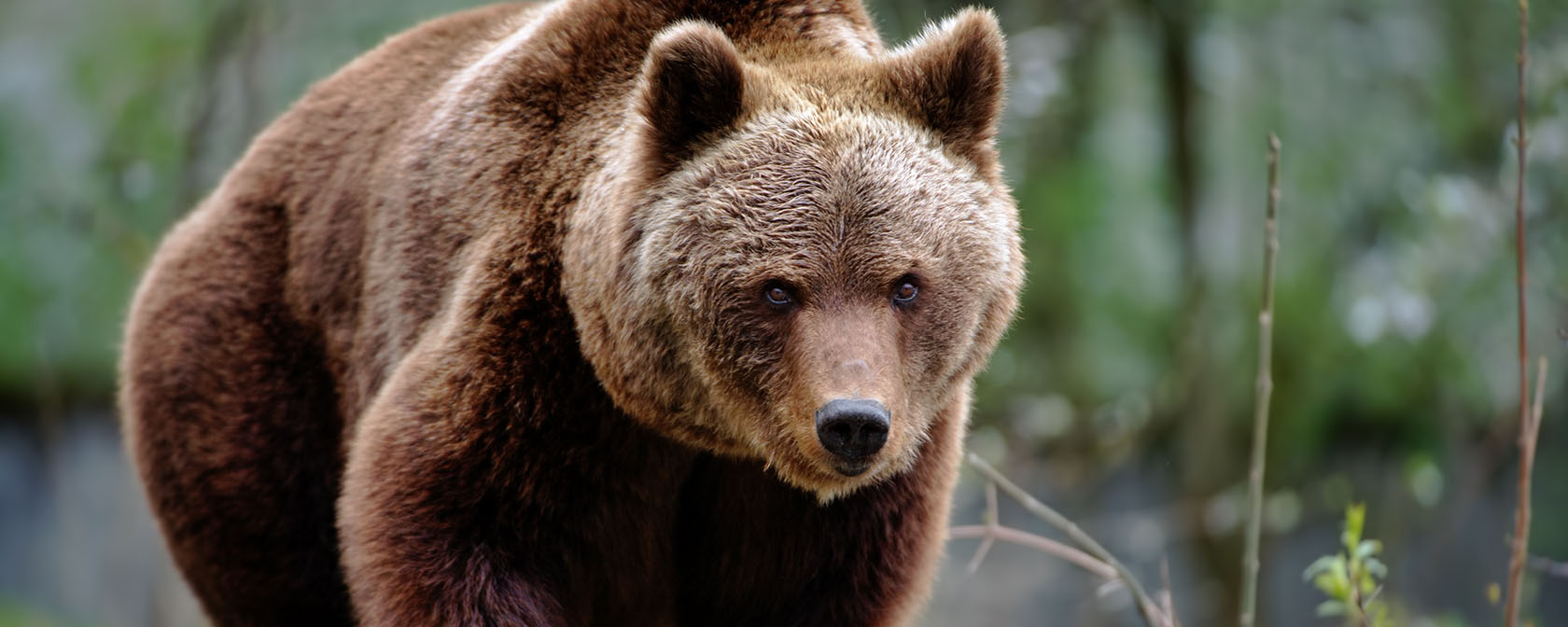By Sara Amundson and Kitty Block
Update March 21, 2024: The second package of federal funding bills was released today, and we were pleased to see that there is NO funding to expand primate testing infrastructure at the National Institutes of Health in this final bill! We thank everyone who reached out to their elected federal officials about this important issue.
Ahead of a looming U.S. government shutdown, congressional leaders have unveiled the first of two packages of bills to keep federal government funded through September 30 (the end of fiscal year 2024). This first package of funding and directives for several agencies contains many key items with positive implications for animals.
Here are highlights:
Our long-standing animal welfare priorities at the U.S. Department of Agriculture were retained in the final package. These include:
- A provision to defund horse slaughter operations, to prevent the return of horse slaughter on American soil.
- A directive for the USDA to take immediate steps to ensure that all Animal Welfare Act licensees and registrants understand the legal consequences of threatening or intimidating USDA inspectors.
- Language encouraging the USDA to use its full enforcement capabilities against chronic violators of the Animal Welfare Act and to report to Congress on its enforcement efforts and referrals to the Office of General Counsel and the Department of Justice.
- A provision urging reforms to the agency’s licensing and enforcement of the Animal Welfare Act to ensure consistent, thorough, unannounced inspections; documentation on an inspection report of each failure to allow access for inspection and each failure to comply with standards; and sharing of information on violations with local, state and federal agencies.
- Encouragement for the USDA’s Office of Inspector General to increase its efforts to combat illegal animal fighting.
- Funding of $3.5 million for the Horse Protection Act, to support enforcement of this federal law against horse soring, and language urging the USDA to quickly finalize new HPA regulations to end this cruel practice.
- Funding of $3 million for Protecting Animals with Shelter (PAWS) grants to provide transitional sheltering options for domestic violence survivors fleeing with pets.
- Funding of $10 million for the Veterinary Medicine Loan Repayment Program that encourages veterinarians to practice in underserved areas.
- A requirement for at least 148 full-time equivalent positions dedicated solely to inspections and enforcement of the Humane Methods of Slaughter Act.
While we were disappointed to see that a review of “teachable moments” was suggested, we hope USDA follows last year’s statutory directive to permanently end this practice, which had been used during USDA inspections to obscure animal welfare violations.
The package rejects attacks on the Endangered Species Act, including attempts to delist native carnivore species.
- In this final bill, there is thankfully no language that would lead to dismantling endangered species protections for specific wild native species.
- The final bill also rejects attempts to undermine the U.S. Fish and Wildlife Service’s and the National Oceanic and Atmospheric Administration’s authority to implement science-backed proposed Endangered Species Act rules.
- This win is thanks in no small part to a mobilization of our supporters who contacted their lawmakers about these anti-animal policies that would have stripped protections from vulnerable species such as gray wolves and Yellowstone Ecosystem grizzly bears and would have prevented grizzly bear recovery in the North Cascades Ecosystem.
The bill includes requested directives addressing the Animal Welfare Act and the Big Cat Public Safety Act. Among other things, the package:
- Notes new responsibilities for the USFWS relating to the Big Cat Public Safety Act and the need for the agency to coordinate with the USDA and the Department of Justice, and address staffing, resource and enforcement needs.
- Directs NOAA to issue its plans and regulations for implementing the Shark Fin Sales Elimination Act.
- Directs the DOJ to ensure that all its attorneys understand the agency’s role in prosecuting Animal Welfare Act violations, including handling referrals from other federal agencies or law enforcement entities, and review its agreements and memoranda of understanding to ensure that Animal Welfare Act violation referrals can be easily reported and swiftly reviewed. To help give the DOJ more options to enforce the Animal Welfare Act, ask your legislators to support the Better CARE for Animals Act.
The package ensures the inclusion of non-animal methods for research, testing and education by:
- Providing $6.5 million, a $1.5 million increase above last year, for the U.S. Food and Drug Administration to reduce animal testing and advance alternative methods and directing the FDA to report on the progress of its New Alternative Methods Program.
- Directing the Environmental Protection Agency to publish detailed information regarding its work on New Approach Methods to reduce and replace animal testing.
- Encouraging the EPA to continue research on the development and evaluation of New Approach Methods for the Chemical Safety for Sustainability National Research Program.
- Providing an additional $7 million for Cosmetics Regulation Implementation and restating Congress’s 2022 position that animals should not be used for cosmetics testing and cosmetics animal testing should be phased out. As the U.S. hasn’t passed a federal law to end new animal testing for cosmetics, we need your help to advance the Humane Cosmetics Act.
We expect a second package of federal funding bills, including measures relating to the National Institutes of Health, to be introduced soon. In this package, there will be an opportunity to promote non-animal methods and prevent $30 million from being provided to expand primate testing infrastructure. You can help by signing your name to a letter urging your legislators to reject this proposal.
We are encouraged to see that this 1,050-page funding package includes many of our priorities, especially when sweeping, large-scale legislation can often produce very mixed results for animals. We are immensely grateful to the lawmakers who opted to support pro-animal positions.
Kitty Block is CEO of the Humane Society of the United States.




